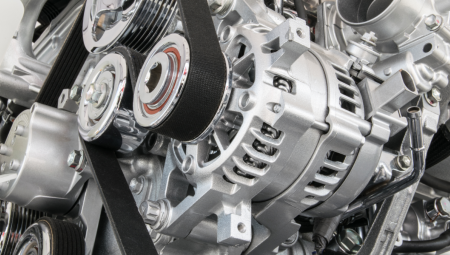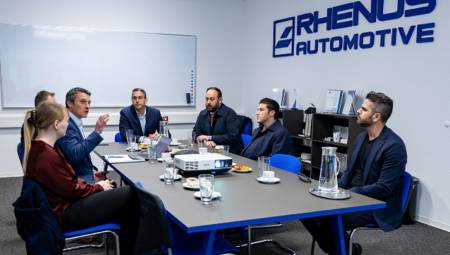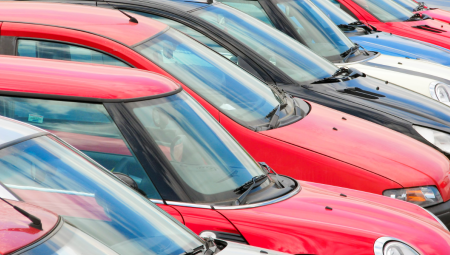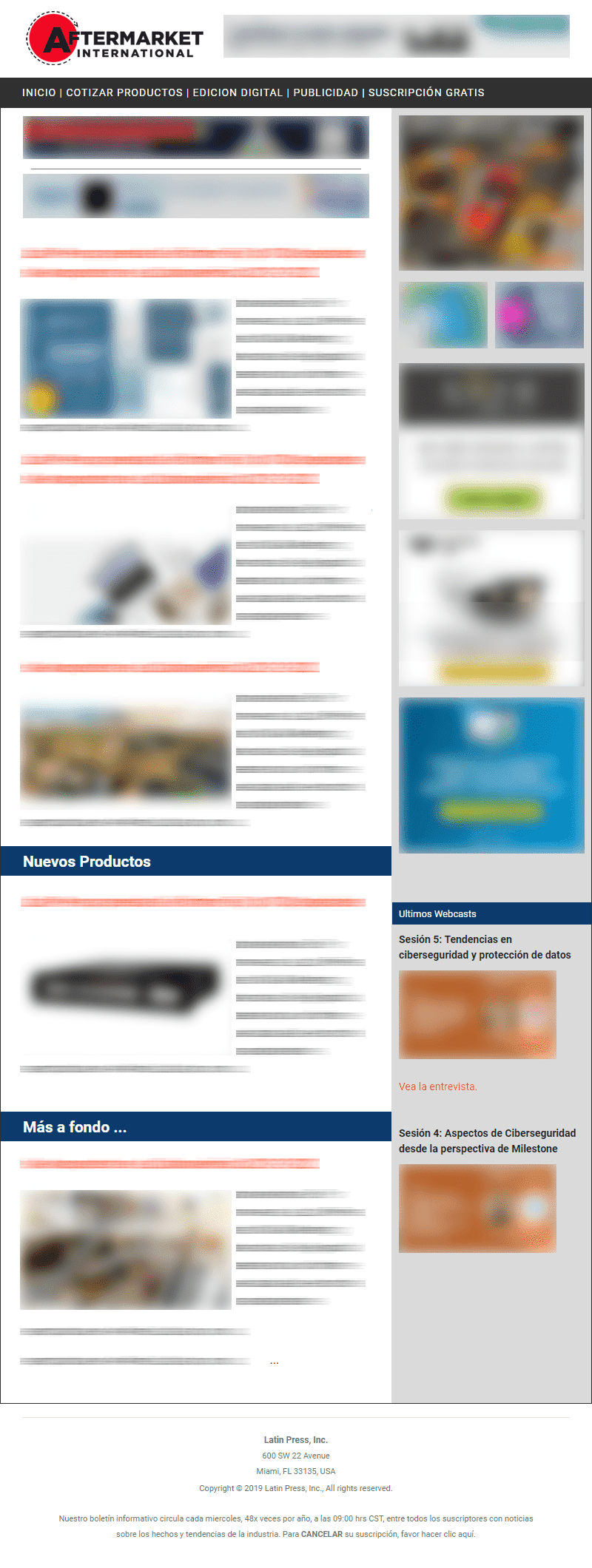Mexico. The Mexican government expressed concern about the Biden administration's proposal to ban key Chinese-origin software and hardware in connected vehicles in the United States, citing national security concerns.
Mexico's Ministry of Economy submitted a document to the U.S. Department of Commerce warning that this proposal could have a "substantial impact on Mexico's automotive industry." According to the report, "economically, it poses potential trade barriers, disruptions in supply chains, increased production costs, and a possible risk of reduced direct and indirect employment."
In turn, groups of automakers and technology manufacturers requested changes and an additional deadline before the new rule takes effect. This proposal represents a significant tightening of U.S. restrictions on Chinese-origin vehicles, software, and components, which would result in an effective ban on the import of Chinese-branded vehicles, even if they are assembled in Mexico.
In September, the Biden administration implemented sizable increases in tariffs on Chinese imports, including a 100% tariff on electric vehicles and increases on batteries and key minerals for electric vehicles. Mexico warned that the proposal could violate North American free trade rules and "lead to an increase in production costs due to the change in suppliers of automotive parts and components within the predefined supply chain of the automotive industry." So far, the Commerce Department has not commented on the matter.
The proposal states that software bans would apply from the 2027 model year, while the hardware ban would come into effect in the 2030 model year or January 2029. The Alliance for Automotive Innovation, which represents major manufacturers such as General Motors, Toyota, Volkswagen and Hyundai, requested an additional year to meet the new hardware requirement. For its part, the Consumer Technology Association asked for a two-year extension for both terms, as did Honda, to "perform necessary crucial testing, validations and contract updates."
The Commerce Department plans to finalize the proposal by Jan. 20, 2025, covering all highway vehicles, though it excludes agricultural or mining vehicles that do not drive on public roads, as well as drones and trains.















